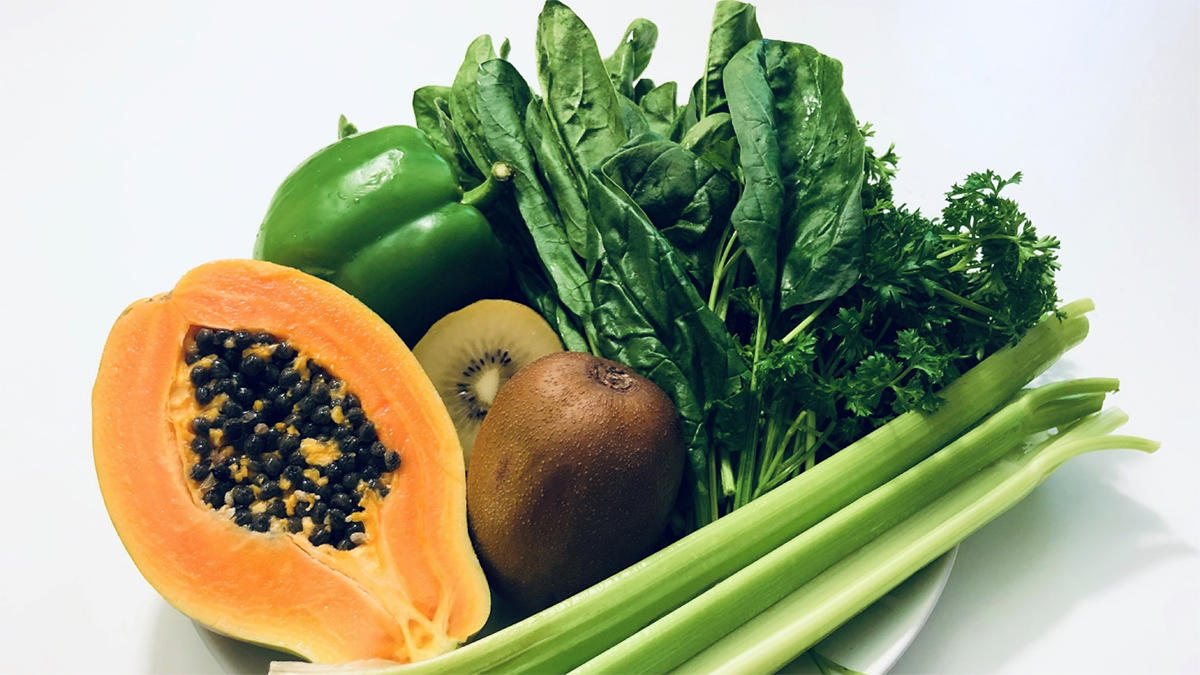- « first View: Taxonomy term
- ‹ previous View: Taxonomy term
- …
- 32 of 58 View: Taxonomy term
- 33 of 58 View: Taxonomy term
- 34 of 58 View: Taxonomy term
- 35 of 58 View: Taxonomy term
- 36 of 58 View: Taxonomy term (Current page)
- 37 of 58 View: Taxonomy term
- 38 of 58 View: Taxonomy term
- 39 of 58 View: Taxonomy term
- 40 of 58 View: Taxonomy term
- …
- next › View: Taxonomy term
- last » View: Taxonomy term










